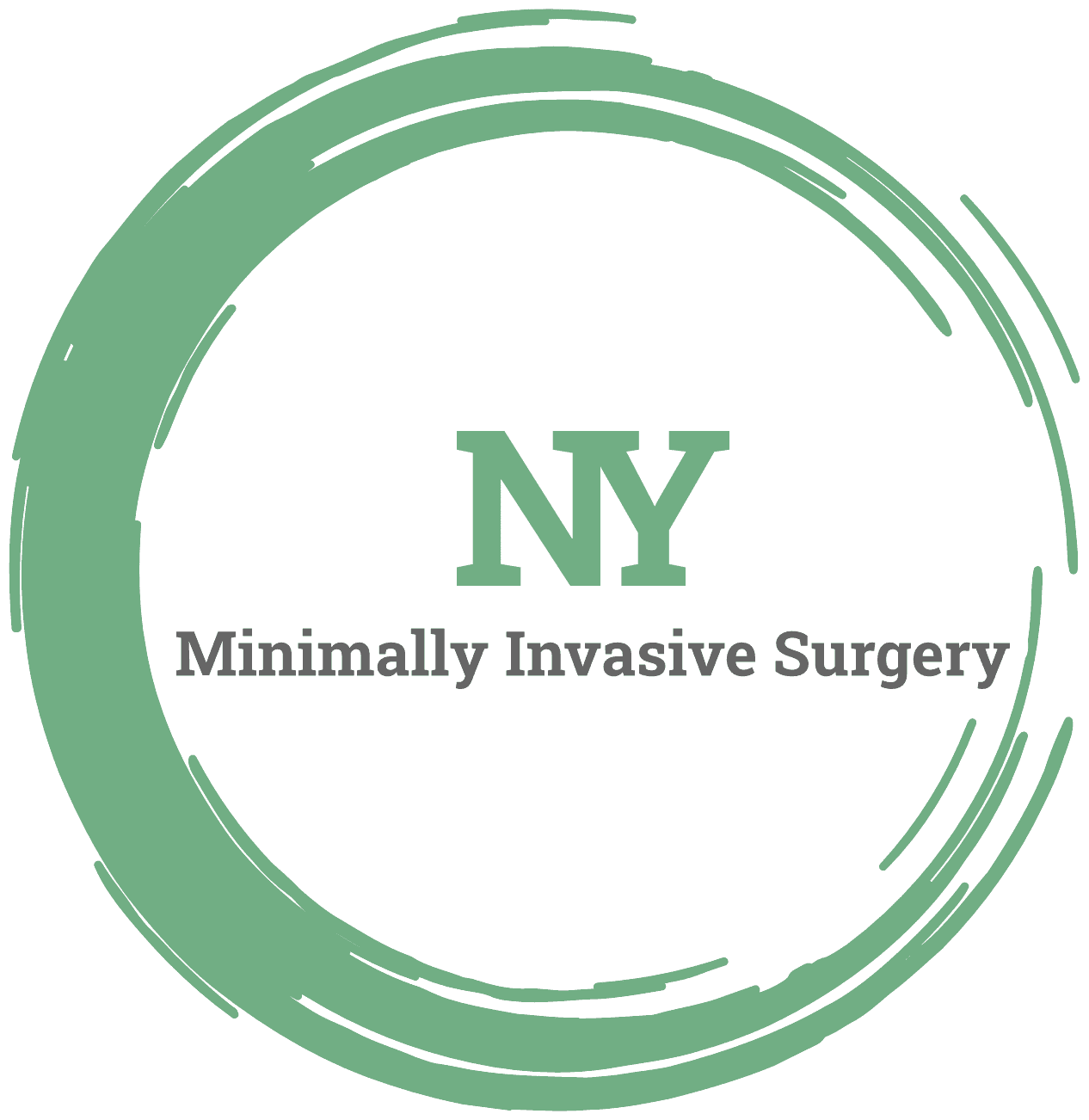Best Weight Loss Surgery NYC
Many of us would like to lose a few pounds here or there. But if a sedentary lifestyle or years of poor eating habits has led to obesity or even morbid obesity, you may be considering bariatric surgery. Which then begs the question, “What’s the best weight loss surgery in NYC?”
Is there one bariatric surgery that works for everyone? No–different weight-loss patients have different needs or reasons for having a procedure. There are, however, surgical procedures that present the best opportunities for you to lose excess weight and keep it off in the long term. The best weight loss surgery is tailored to your specific needs.
Weight loss surgery is a good option for those suffering from diabetes, heart disease, high blood pressure, and other ailments caused by being overweight. After seeing a bariatric surgeon, many forms of diabetes disappear or symptoms are greatly reduced and other issues (including some cases of cancer) are greatly diminished.
What’s the Best Weight Loss Surgery for You?
Every patient has different needs–so there are different procedures to help with weight loss. The following are several options available to you:
- Adjustable Gastric Banding
- Sleeve Gastrectomy
- Biliopancreatic Diversion (BPD)
- Gastric Bypass
Adjustable Gastric Banding
Also known as the lap band, a soft silicone band is inserted laparoscopically around the upper portion of the stomach. The band is filled with saline solution to the desired amount, effectively limiting the amount of food that’s allowed to enter the stomach. This band can be adjusted through a small port under the skin.
This is one of the least invasive weight loss procedures we offer at New York Minimally Invasive Surgery. In fact, once the weight goal has been met and the patient feels good about where they are, the band can be removed. There is no surgery done on the stomach, intestines, or elsewhere.
Sleeve Gastrectomy
More commonly known as the gastric sleeve, 70 percent of the stomach is removed from the digestive process. Either it’s stapled shut or removed entirely. This means your stomach can’t hold as much food, limiting how much you can eat at one time.
However, in the days and weeks after surgery, your body begins to adjust to the surgery and hormonal changes lead to fewer hunger pangs. With a smaller stomach, you’ll feel fuller faster and begin to adapt to new, healthier eating habits. After two years, patients have lost up to 50 percent of their excess body weight.
Biliopancreatic Diversion (BPD)
This surgery involves removing part of the stomach and bypassing much of the small intestine. Also known as duodenal switch surgery, this procedure can be much more involved than other bariatric surgeries but can also help you lose more weight. BPD helps with weight loss in three different ways.
First, part of the stomach is removed so that less food can be eaten through gastric sleeve surgery. Then much of the upper small intestine is bypassed so food absorption is limited (BPD is known as a malabsorptive procedure). This will also affect how bile breaks down your food, altering the natural digestive process.
Although all bariatric surgeries can work for the morbidly obese, BDP is often used in more extreme cases because it is so effective for weight loss. However, there are also more risks because the procedure is so involved (leaks, bleeding, infections) and malnutrition is often a concern.
Gastric Bypass
Again, much of the stomach is bypassed to limit food intake, leaving behind a small pouch. The lower part of the small intestine is attached directly to the pouch, so less food is absorbed into the body (similar to BDP). Like other procedures, malnutrition is a concern, so ensuring you get what your body needs after the surgery is important.
We often get vitamins and nutrients such as protein through the foods we eat. However, if you eat less food and less of those nutrients are being absorbed into the body, supplements are needed to bridge the gap. Your diet will also include foods high in protein, such as chicken, eggs, beans, etc.
Many bariatric procedures are designed to help you eat less, but losing weight effectively goes beyond the surgery itself. A change in diet and increased physical activity in the weeks, months, and years after the procedure is required. Because less food is being absorbed into the body, supplements are often needed to make up this deficit.
Best Weight Loss Surgery in NYC
While there isn’t one best weight loss surgery for every patient, Dr. Marina Kurian has performed thousands of bariatric surgeries in NYC over the past two decades. Her experience, understanding of new technologies, and innovative work in the industry make her one of the best weight loss surgery doctors in New York City.
Our bariatric surgery program goes beyond just the surgery, however. There are follow-up appointments (virtual and in-person when available), meetings with nutritionists and dietitians, and exercise classes or routines. We also recommend attending a monthly group after surgery as many patients experience a need for emotional support.
We take a holistic approach to your weight loss, which we feel makes us one of the best weight loss surgery programs in NYC. Dr. Kurian will meet with you before any procedure to ensure you’re a good candidate for bariatric surgery. This will include learning more about you, your health history, expectations, and other weight management efforts you’ve experienced.
We want to make sure bariatric surgery is right for you. Depending on this initial consultation, we may discover surgery isn’t the correct course of action for you. But we offer other non-surgical procedures to help you lose that excess weight. At New York Minimally Invasive Surgery, we always consider what’s best for you.

